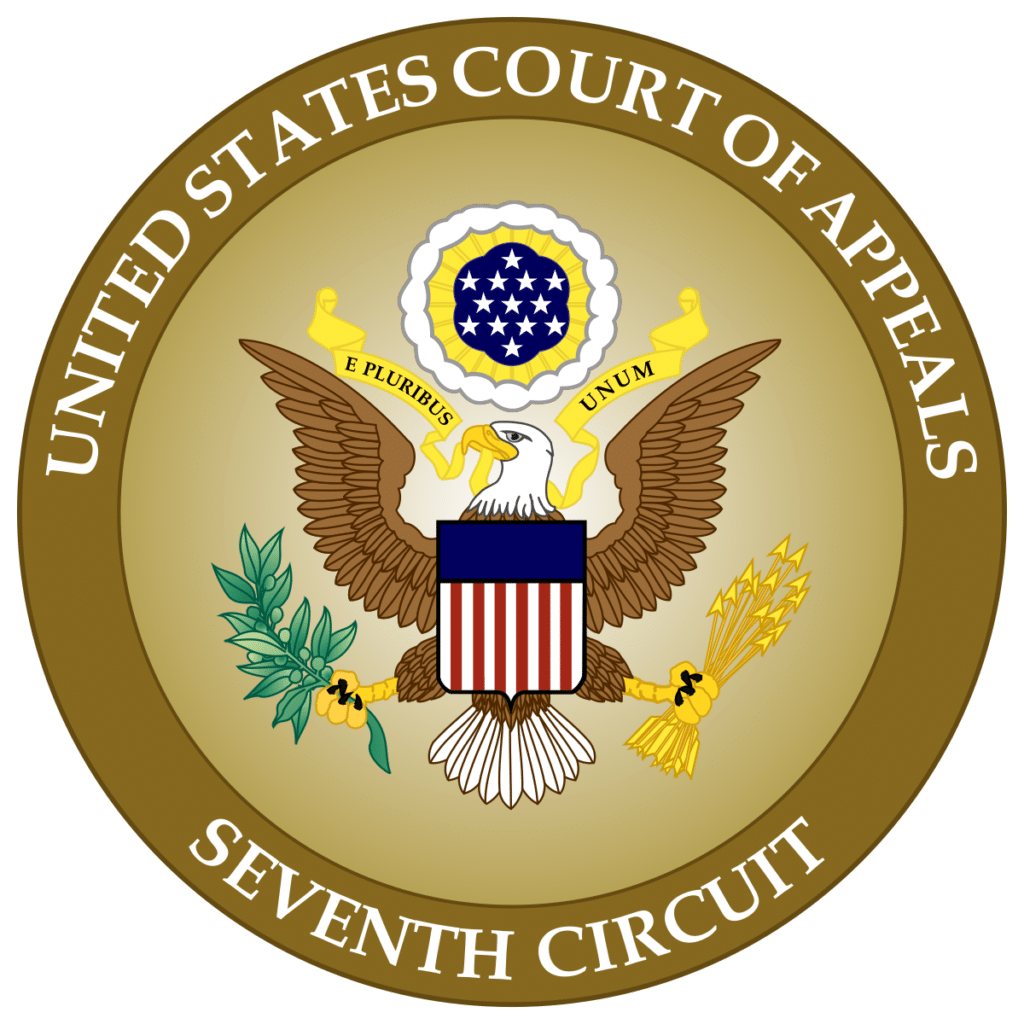Appellee’s Brief
The Appellee’s Brief is technically optional. However, in most cases, it is prudent to research, write, and file an Appellee’s Brief. Why? Potential Appellees need to be mindful of the decisional law setting out what occurs when an Appellee elects not to file a brief. Specifically, when an Appellee does not appear and file an Appellee’s Brief, the Court of Appeals does not develop an argument for the absent litigant and applies a less stringent standard of review. As such, the Court of Appeals will reverse the trial court if the appellant is able to establish prima facie error. Prima facie error is error at first sight, on first appearance, or on the face of it. This means—in the absence of an Appellee’s Brief–it is more likely the trial court’s decision will be reversed. This means the appellee who won in the trial court, just lost. Thus, in most cases, in consultation with appellate counsel, most litigants determine they should file an Appellee’s Brief.
Fortunately for Appellees, they can reply to an Appellant’s Brief with less work in most cases than what goes into an Appellant’s Brief because they can follow the logic, law and analysis the trial court used when it decided the case in their favor in the first place. Further, they can develop and/or bolster the trial court’s reasoning by supporting it with additional cases and statutes on point. Frankly, most potential Appellees want to file an Appellee’s Brief when they read and review the Appellant’s Brief. This is because a sound Appellant’s Brief written by a skilled appellate attorney will minimally make some significant, strong arguments the trial court’s order is erroneous because of the number of cases and statutes cited and ways a case argument to the contrary can be made under most any record. In other words, you (the winner in the trial court) might review the Appellant’s Brief and believe the trial court did err. That is good appellate writing. With an Appellee’s Brief and solid brief writer, the Appellant’s Argument can sometimes be dissected to show flaws in legal reasoning. Without filing an Appellee’s Brief, the Appellant’s Brief will be the only brief the Court of Appeals will have before it to use to decide the case. Thus, the decision not to file an Appellee’s Brief should not be taken lightly.
The Appellee’s Brief contains the same sections and requirements on how it is to be structured as with an Appellant’s Brief. These are contained in the Indiana Rules of Appellate Procedure. Sometimes the Appellee agrees with the Appellant such as on the Statement of the Facts and adopts the Appellant’s Statement of the Facts. Most of the difference is in the argument which must address just the arguments lodged by the Appellant, unless a cross-appeal is taken. If these sections and requirements of the Appellee’s Brief are important and of interest to you, you should visit the Appellant’s Brief section of our website.
Dixon & Moseley, P.C. is able to assist you with making the decision about whether to file an Appellee’s Brief. A wise potential Appellee contacts appellate counsel well before he/she/it receives the Appellant’s Brief to ensure if they want to file an Appellee’s Brief, they have counsel who can do so in the necessary timelines.



[wpbr_collection id=”154″]
Please fill out the form below and we will be in touch with you shortly.

Call Now



Copyright © 2025 Dixon & Moseley, P.C., Attorneys at Law. All rights reserved. This Site does not provide legal advice; please review the disclaimer for other limitations. Privacy Policy
Based in Indianapolis and founded in 1995, Dixon & Moseley, P.C. is a niche law firm focused on successfully dealing with the complexities of divorce, high-conflict child custody and family law. Known for their ability to solve extremely complex situations with high quality work and responsiveness, Dixon & Moseley, P.C. will guide you every step of the way. The family law attorneys at Dixon & Moseley, P.C. will help you precisely identify your objectives and the means to reach your desired result. Life is uncertain. Be certain of your counsel. Indianapolis Divorce Attorneys, Dixon & Moseley, P.C.
Indianapolis Divorce Attorneys, Dixon & Moseley, P.C. of Indianapolis, Indiana, offers legal services for Indianapolis, Zionsville, Noblesville, Carmel, Avon, Anderson, Danville, Greenwood, Brownsburg, Geist, Fortville, McCordsville, Muncie, Greenfield, Westfield, Fort Wayne, Fishers, Bloomington, Lafayette, Marion County, Hamilton County, Hendricks County, Allen County, Delaware County, Morgan County, Hendricks County, Boone County, Vigo County, Johnson County, Hancock County, and Tippecanoe County, Indiana.